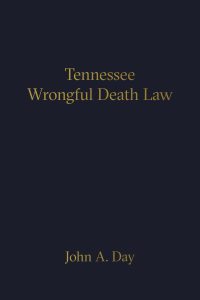A premises liability judgment for plaintiff was affirmed where plaintiff slipped and fell on a wooden bridge at defendant apartment complex, representatives of defendant had stated that the standard of care required that the bridge be power washed at least annually, and the evidence showed that the bridge had not been power washed in at least several years.
In Trentham v. Mid-America Apartments, LP, No. M2021-01511-COA-R3-CV, 2023 WL 163547 (Tenn. Ct. App. Jan. 12, 2023), plaintiff was a tenant in defendant’s apartment building. Plaintiff’s building was connected to the clubhouse fitness facility by a wooden bridge. On the day of plaintiff’s injury, it had rained the night before and was possibly still drizzling. Plaintiff used the bridge to access the fitness room, and when walking back across the bridge after his workout, plaintiff slipped on what he described as a clear, slippery substance that was “obviously not just water.” Plaintiff could not get his footing to stand up, and an employee of defendant could not get plaintiff back to his feet, so an ambulance was called.
Plaintiff’s fall caused severe injury to his left quadriceps tendon, requiring surgery. The first surgery was unsuccessful, and plaintiff underwent a second revision surgery. That surgery was also unsuccessful, and at the time of the trial plaintiff was left with permanent disability from the incident.




